Caught between Poverty and Politics: Undocumented Migrants in Greece
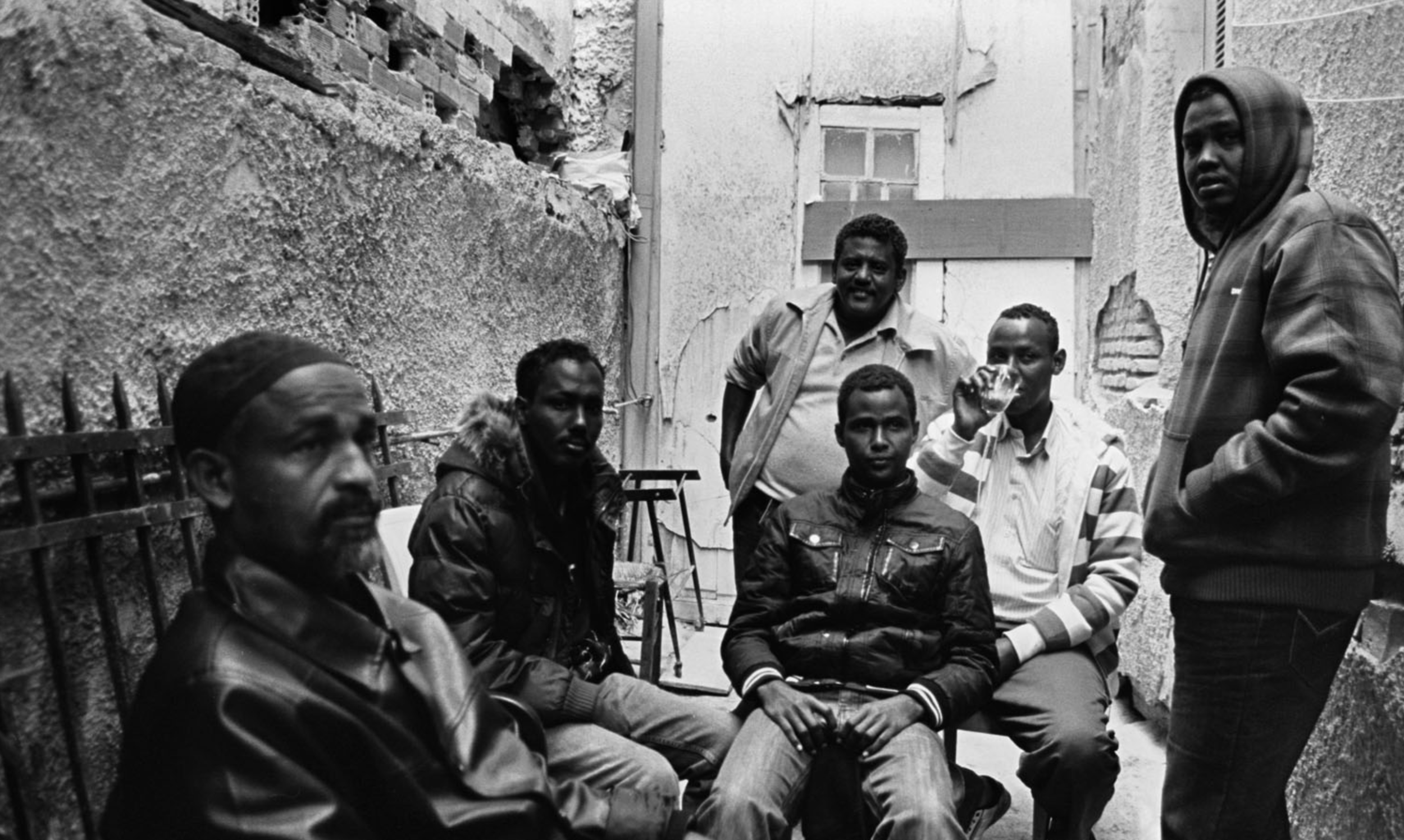
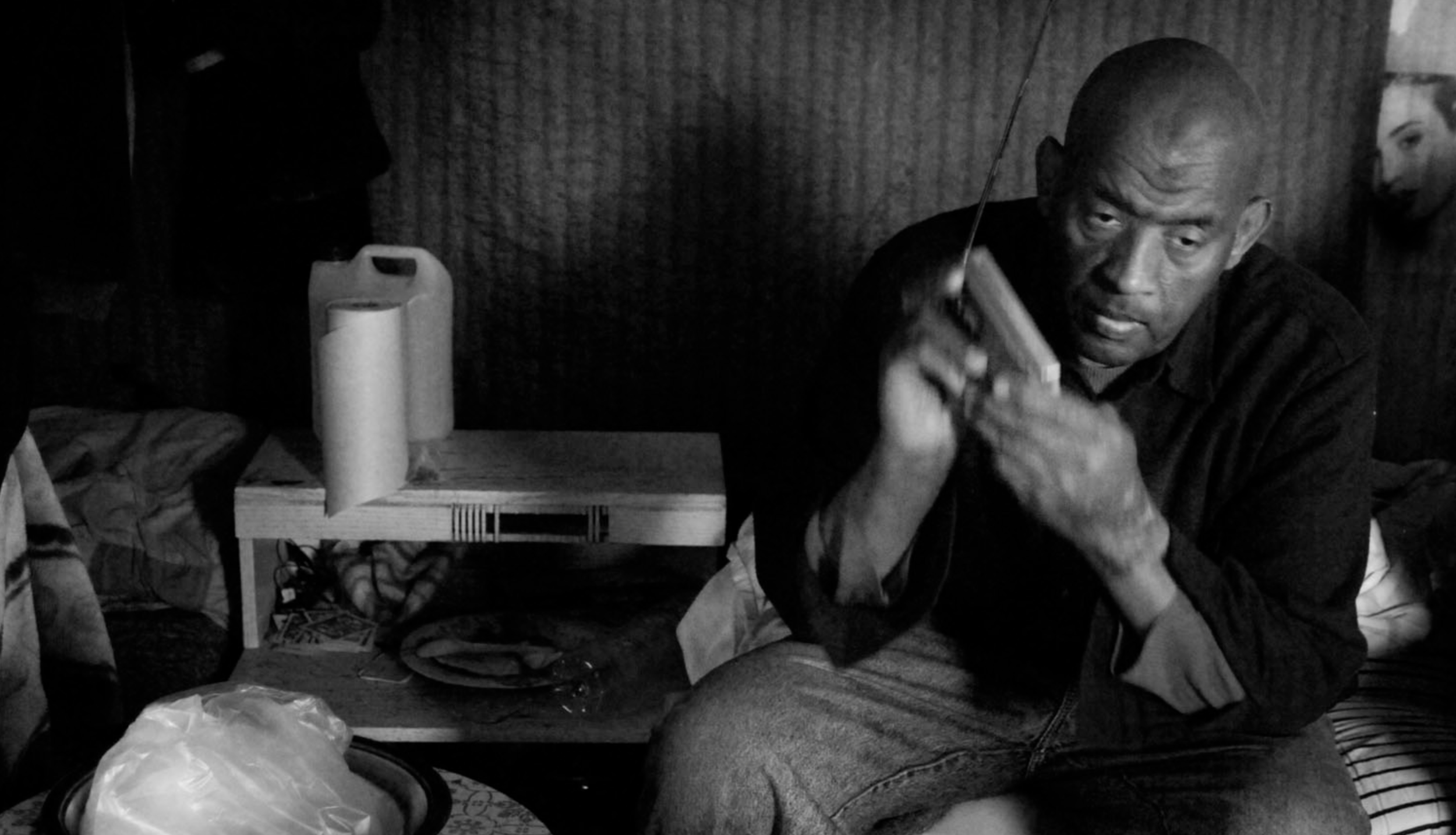
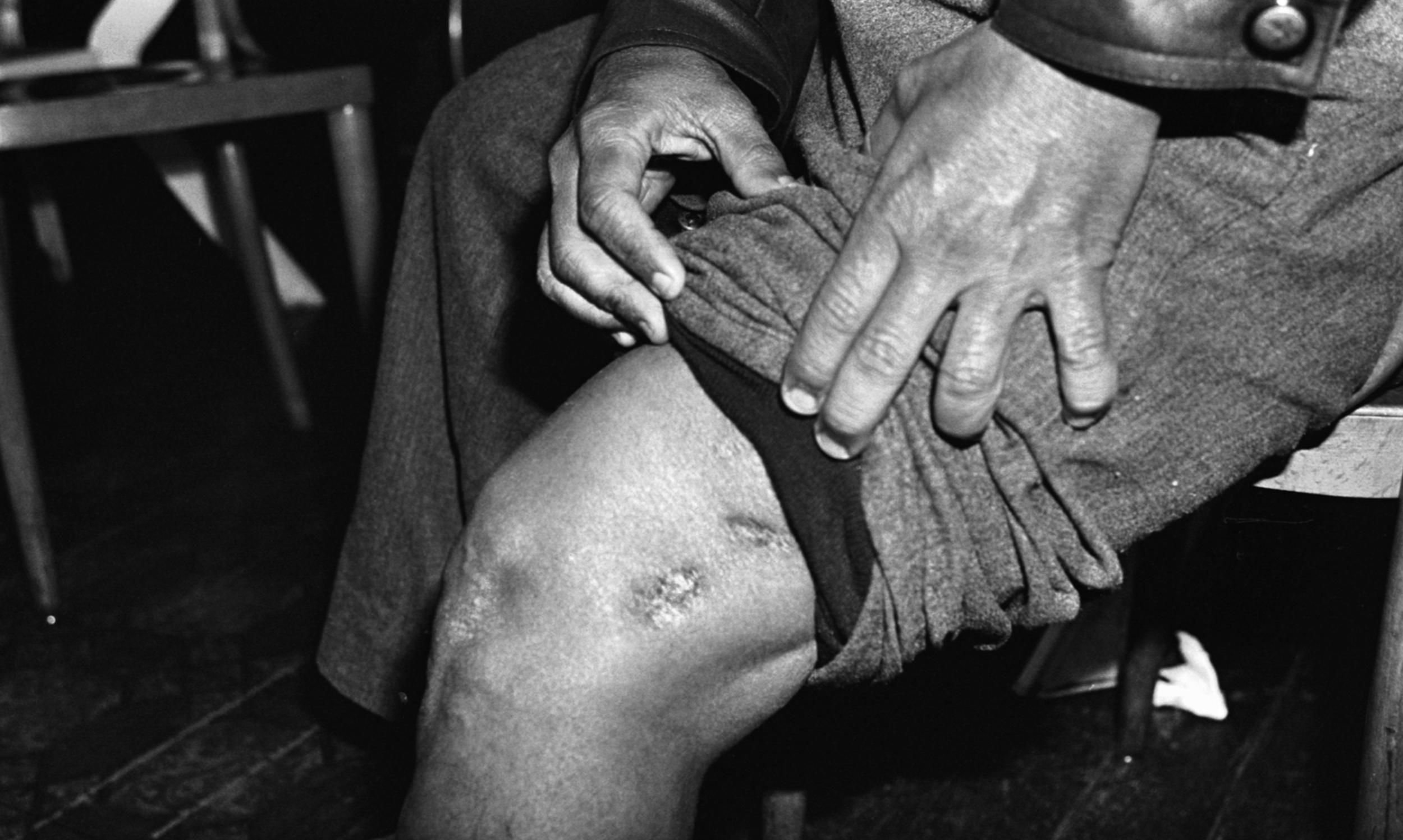
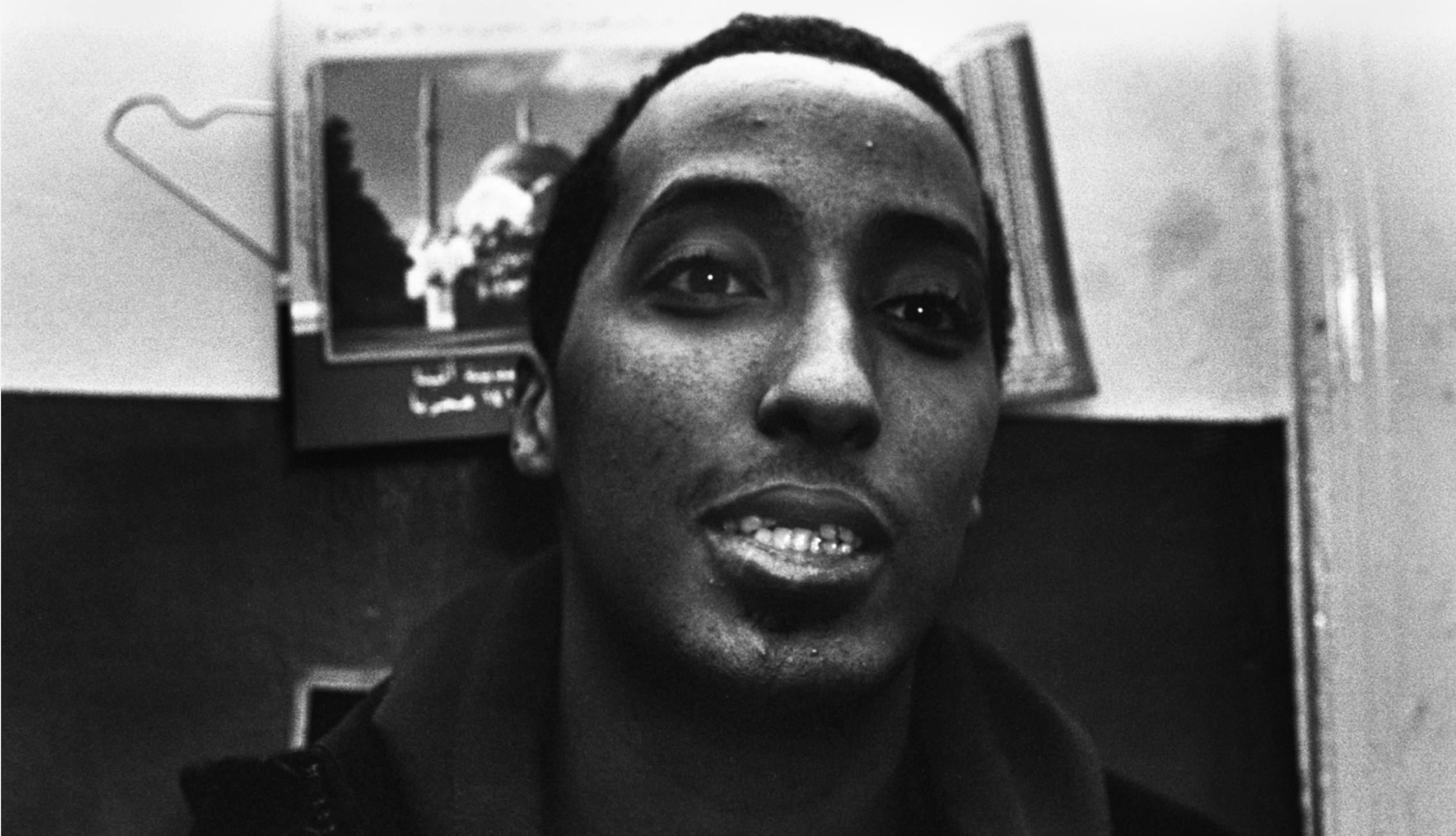
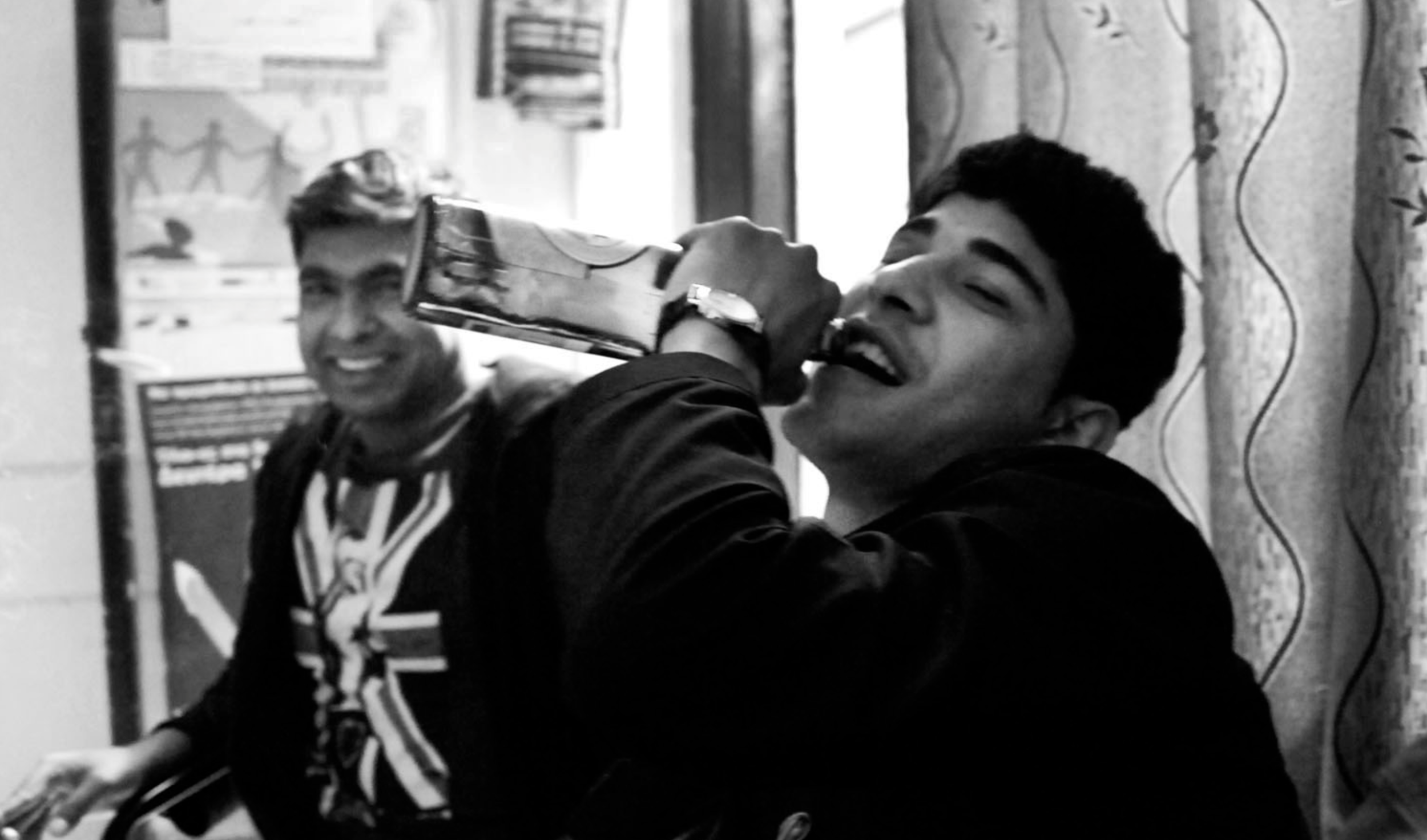
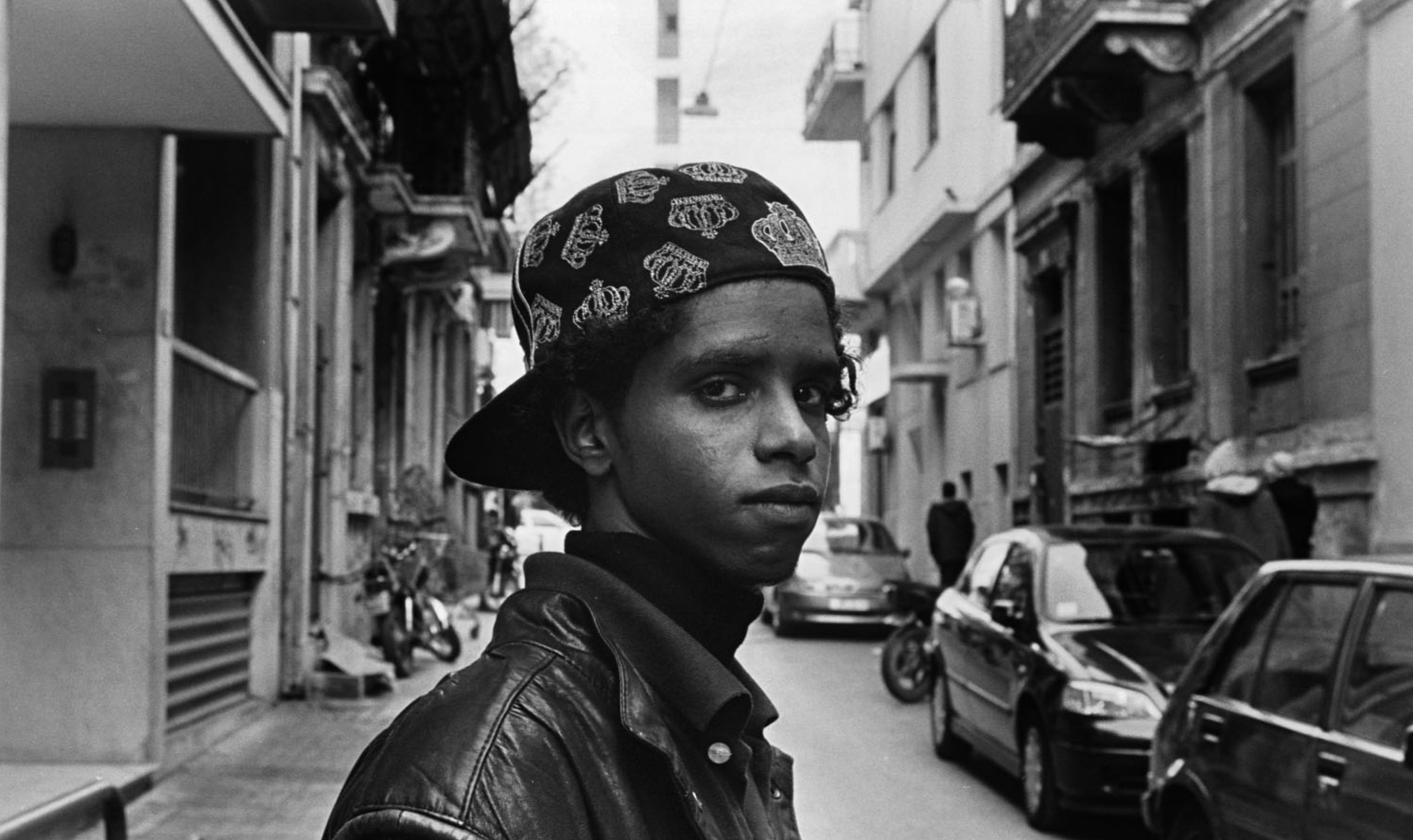
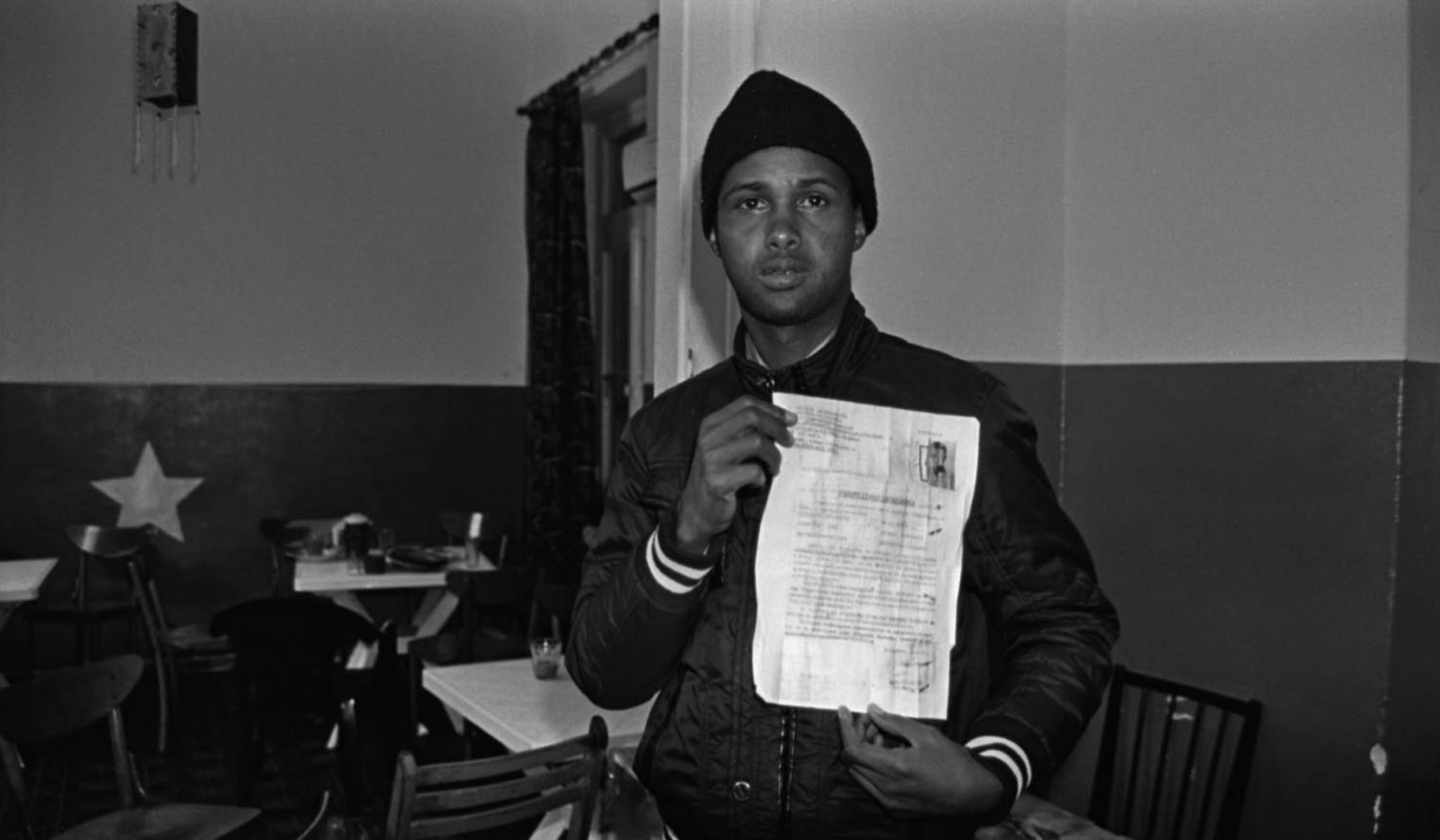
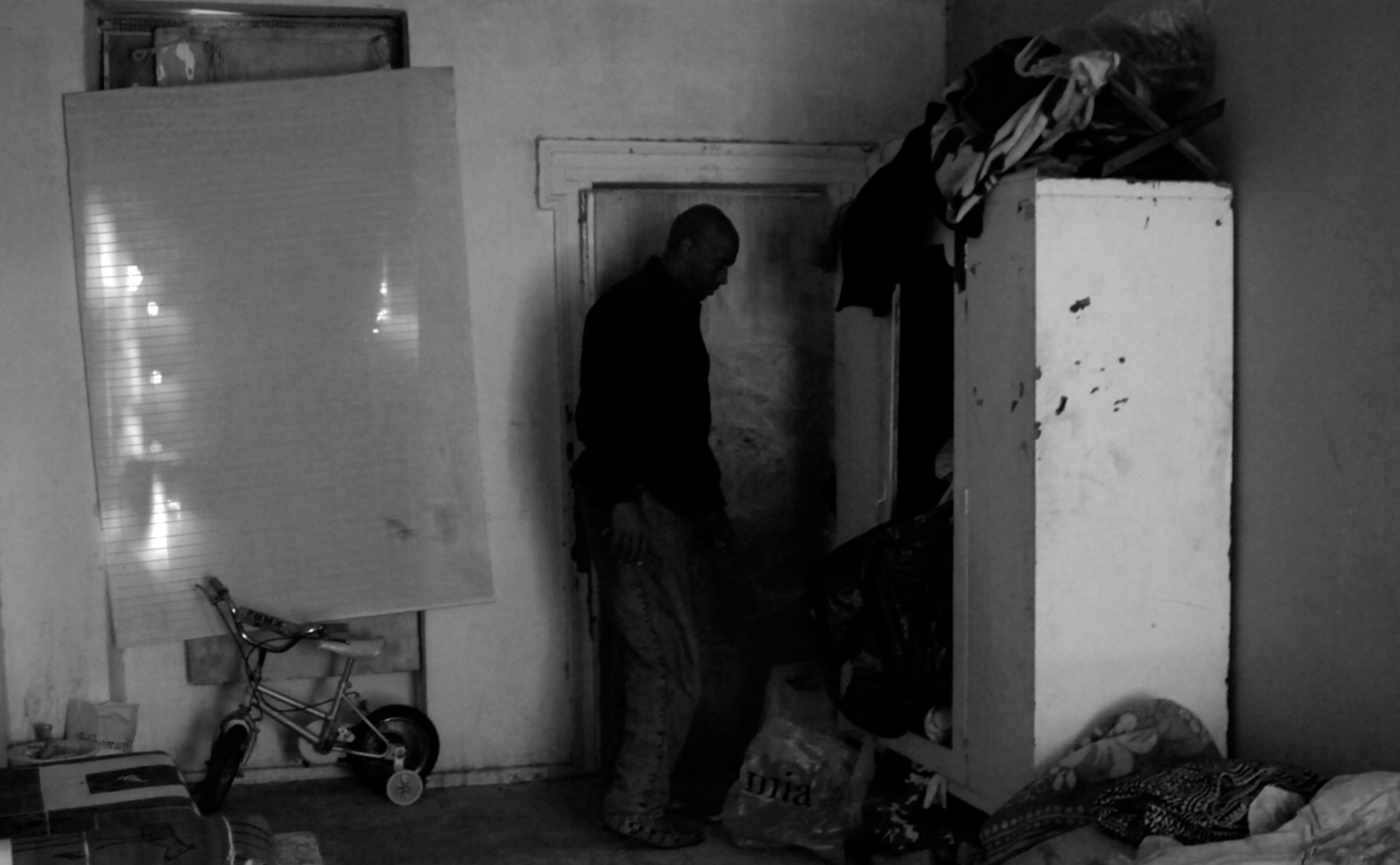
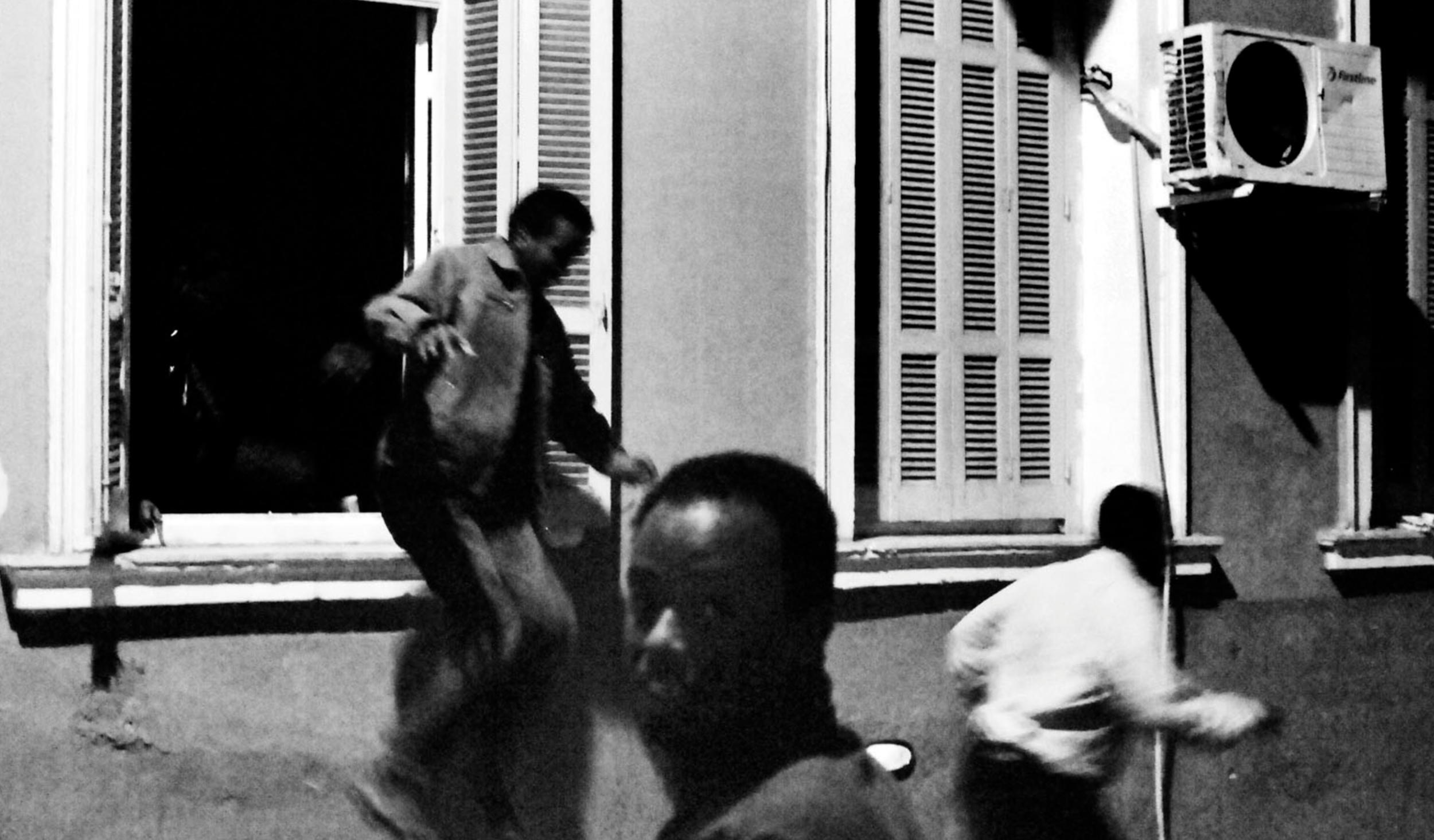
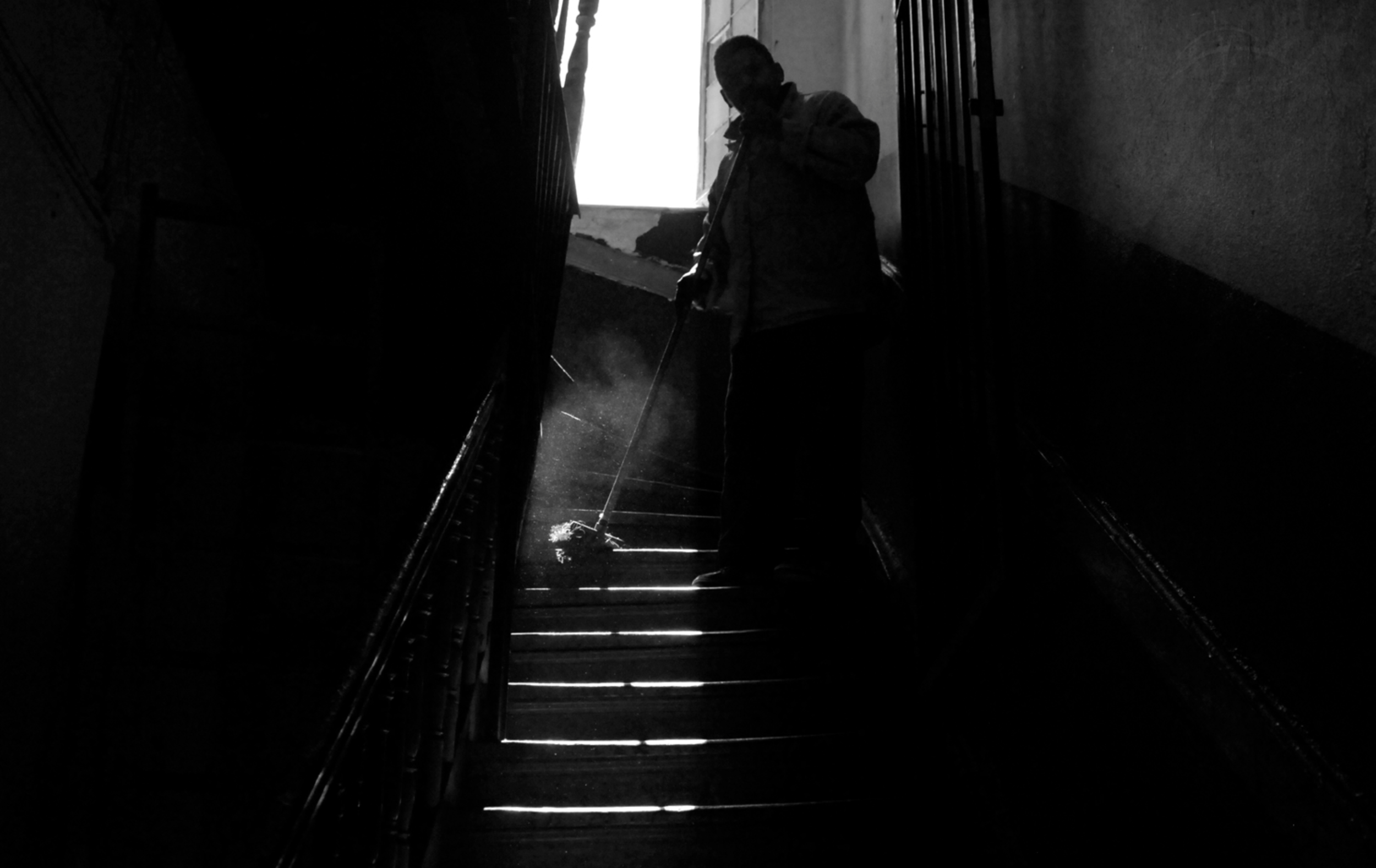
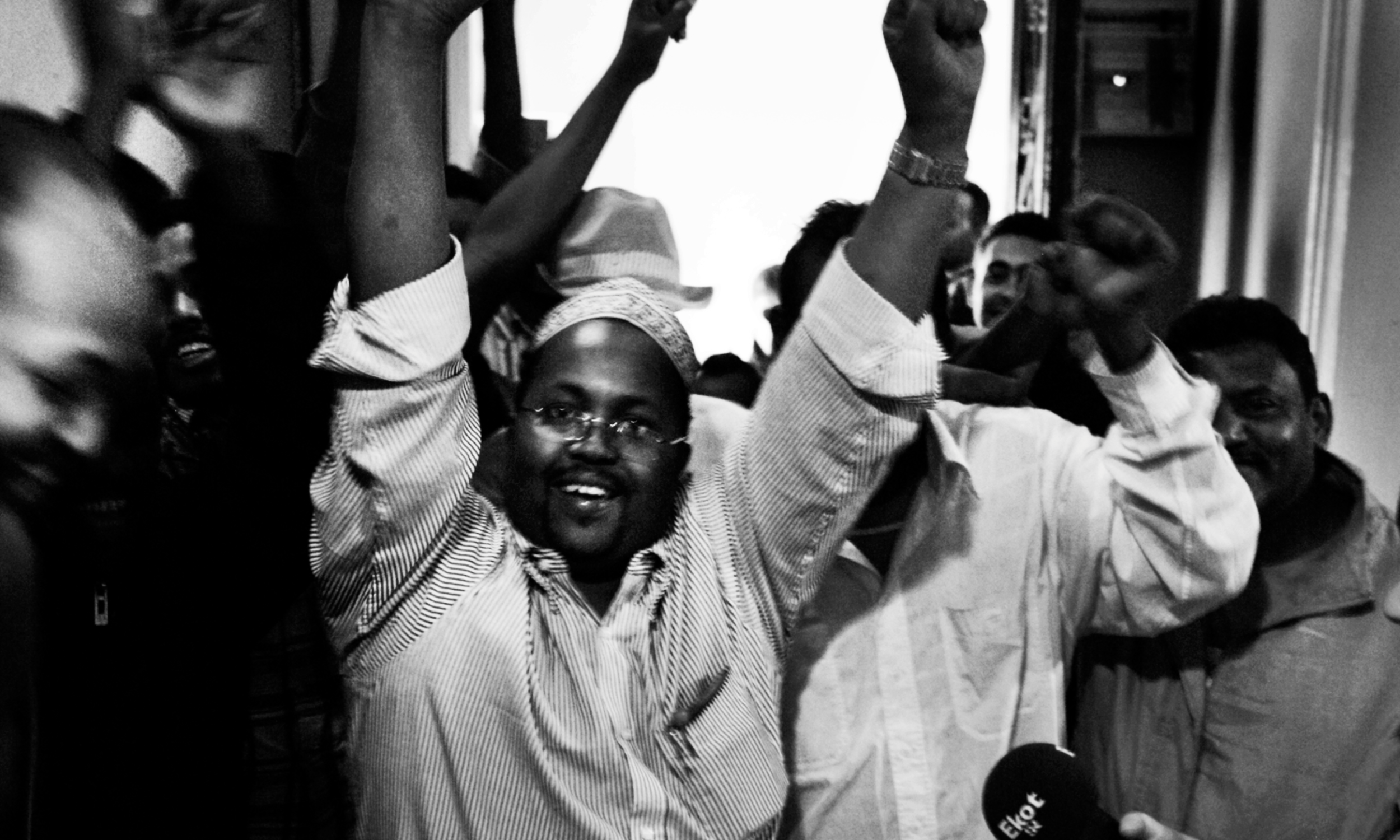
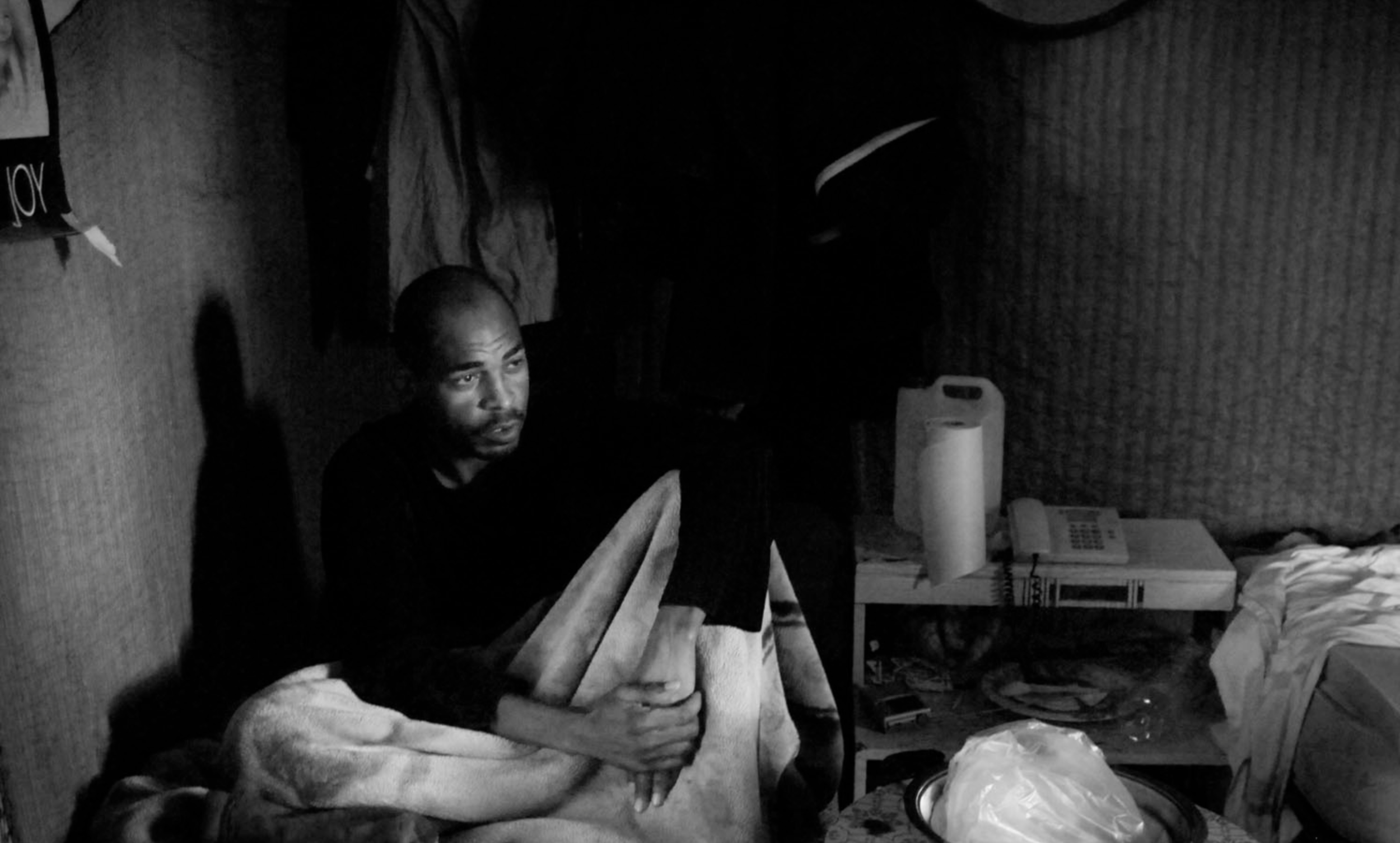
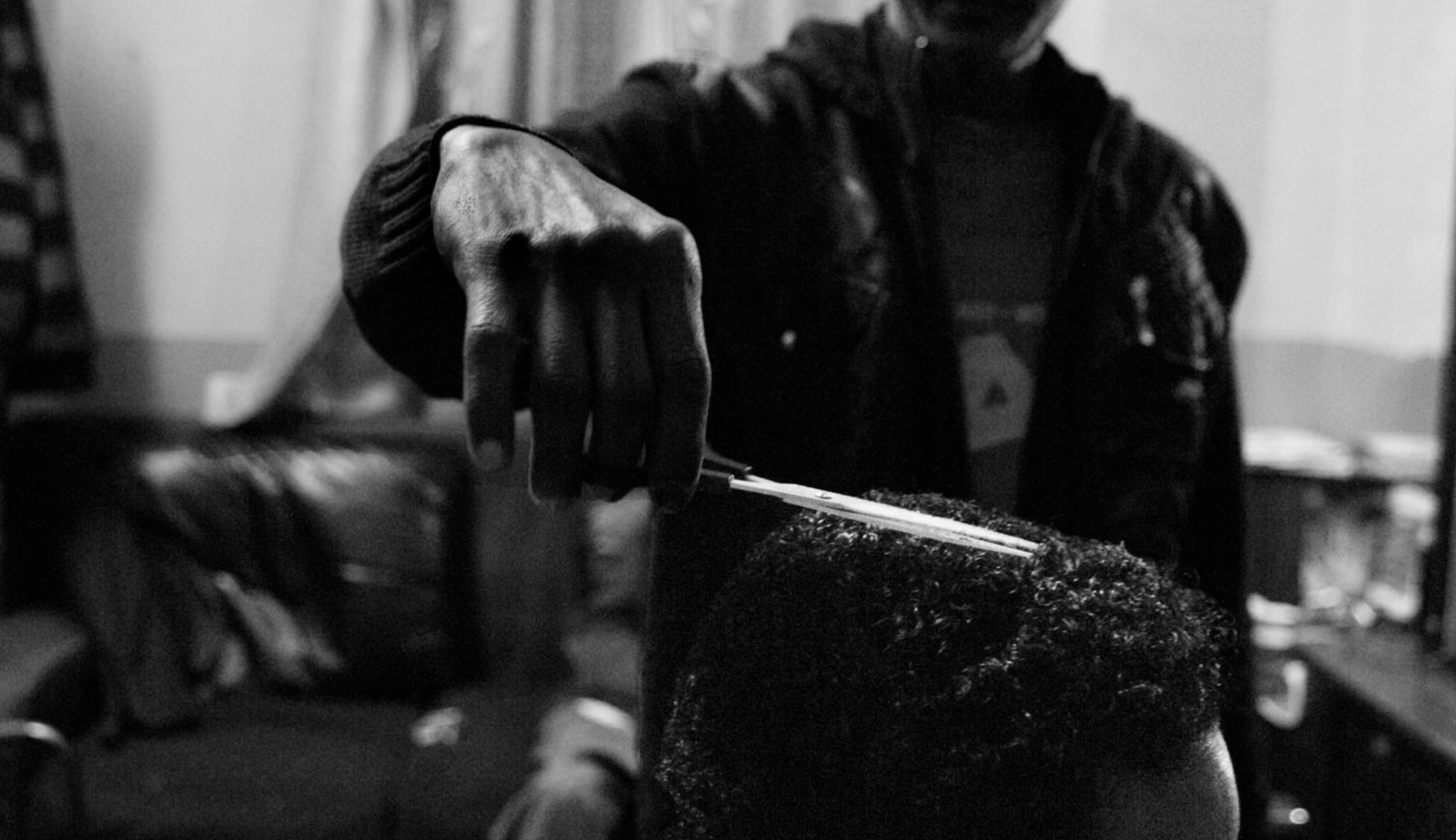
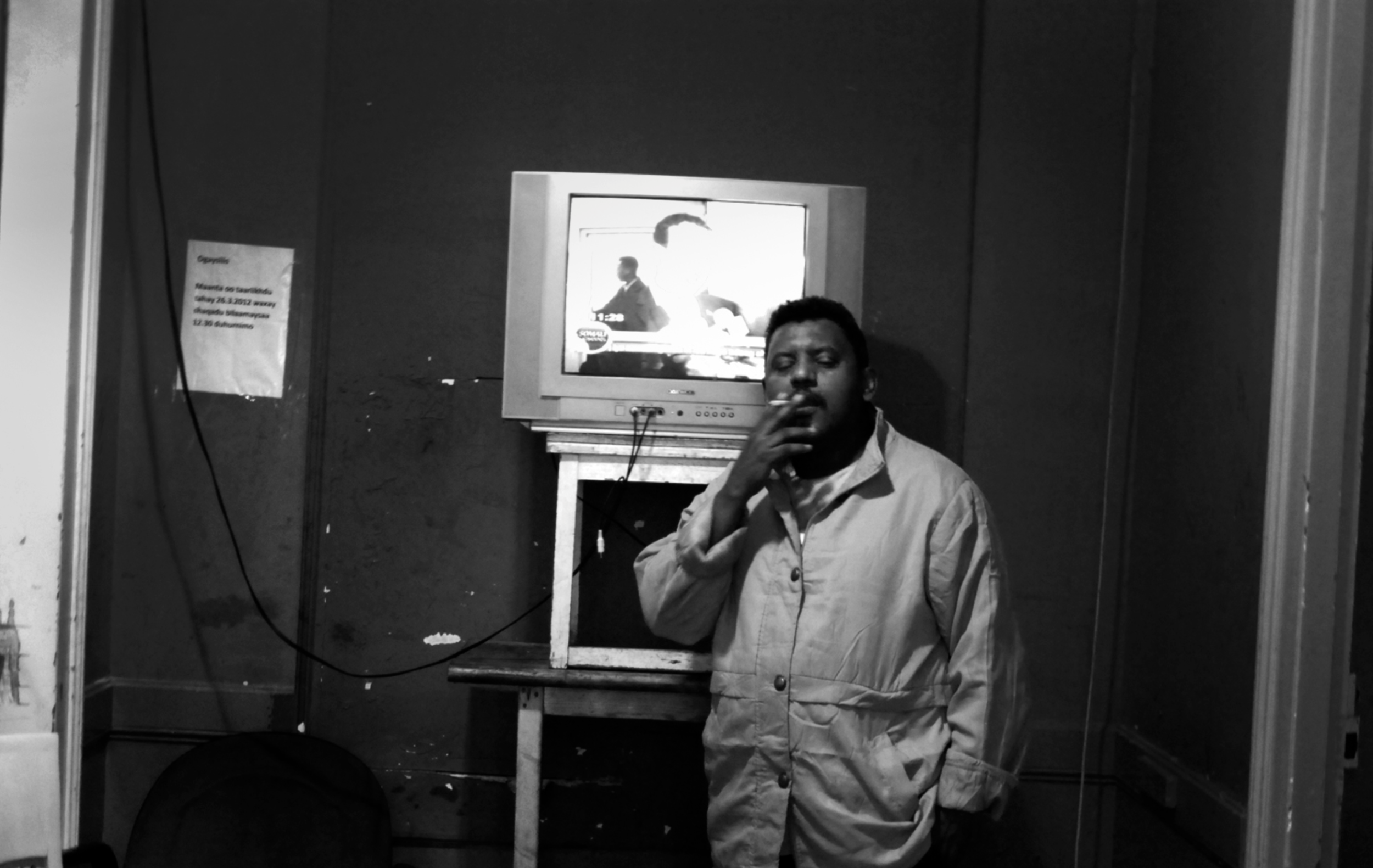
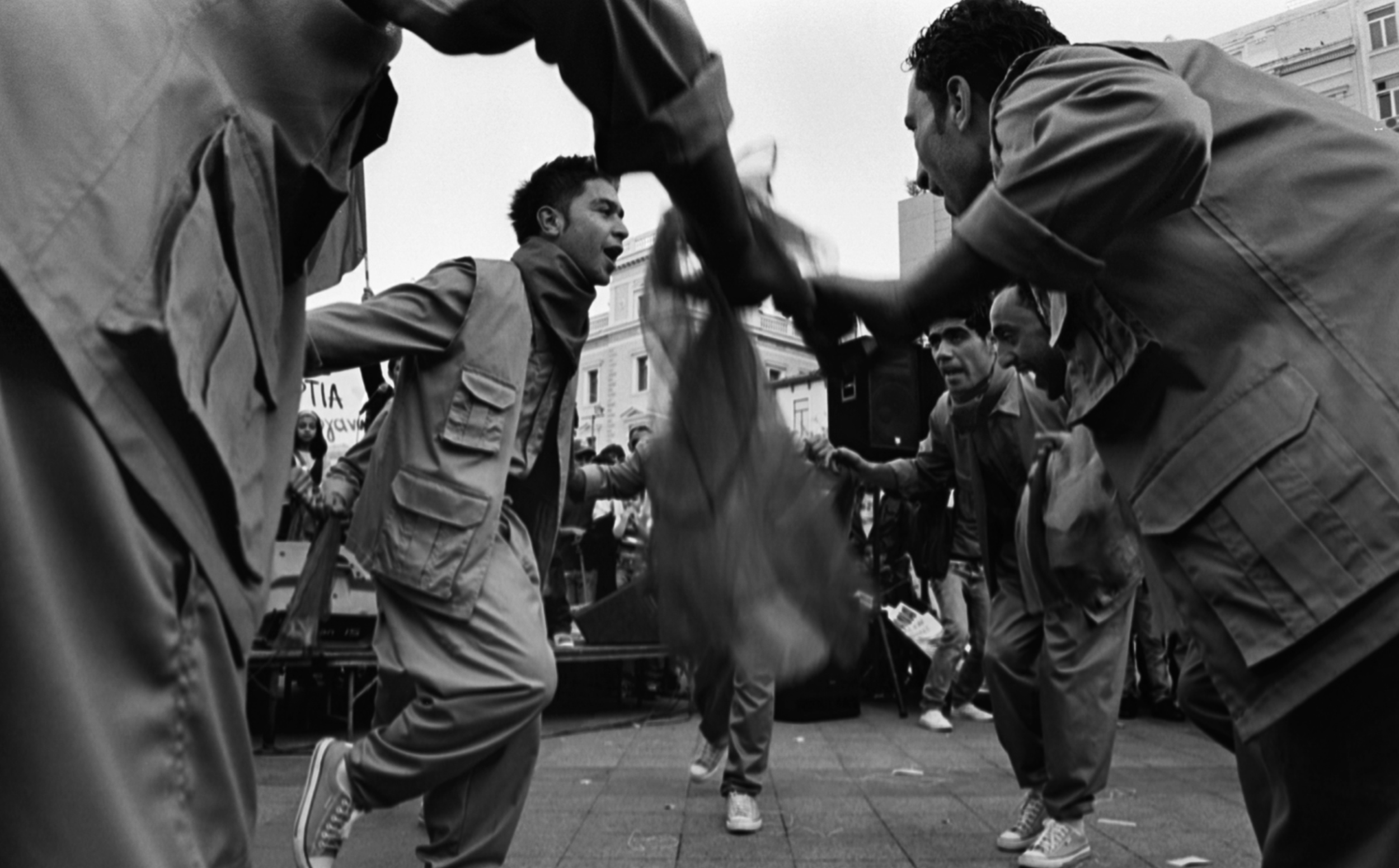
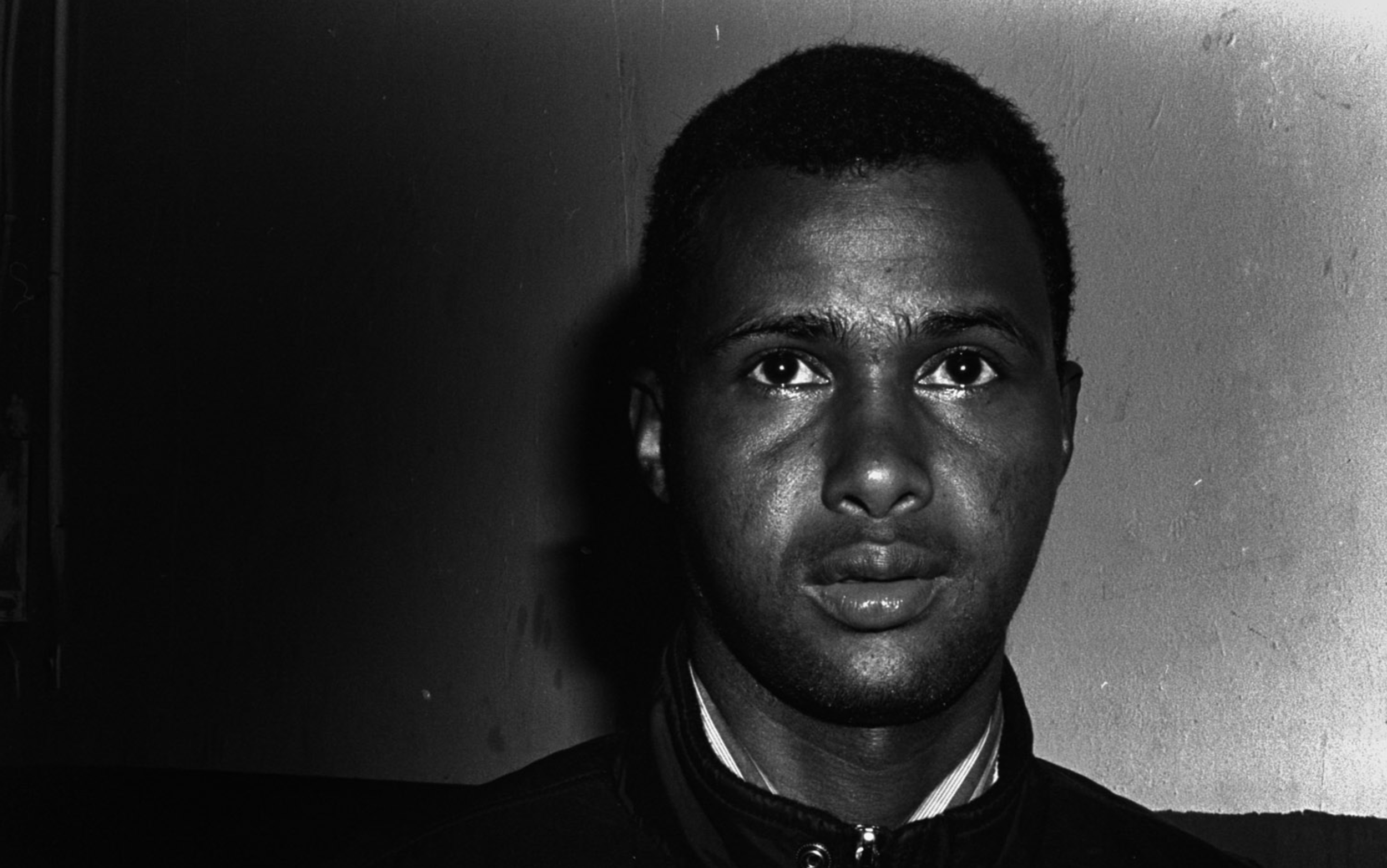
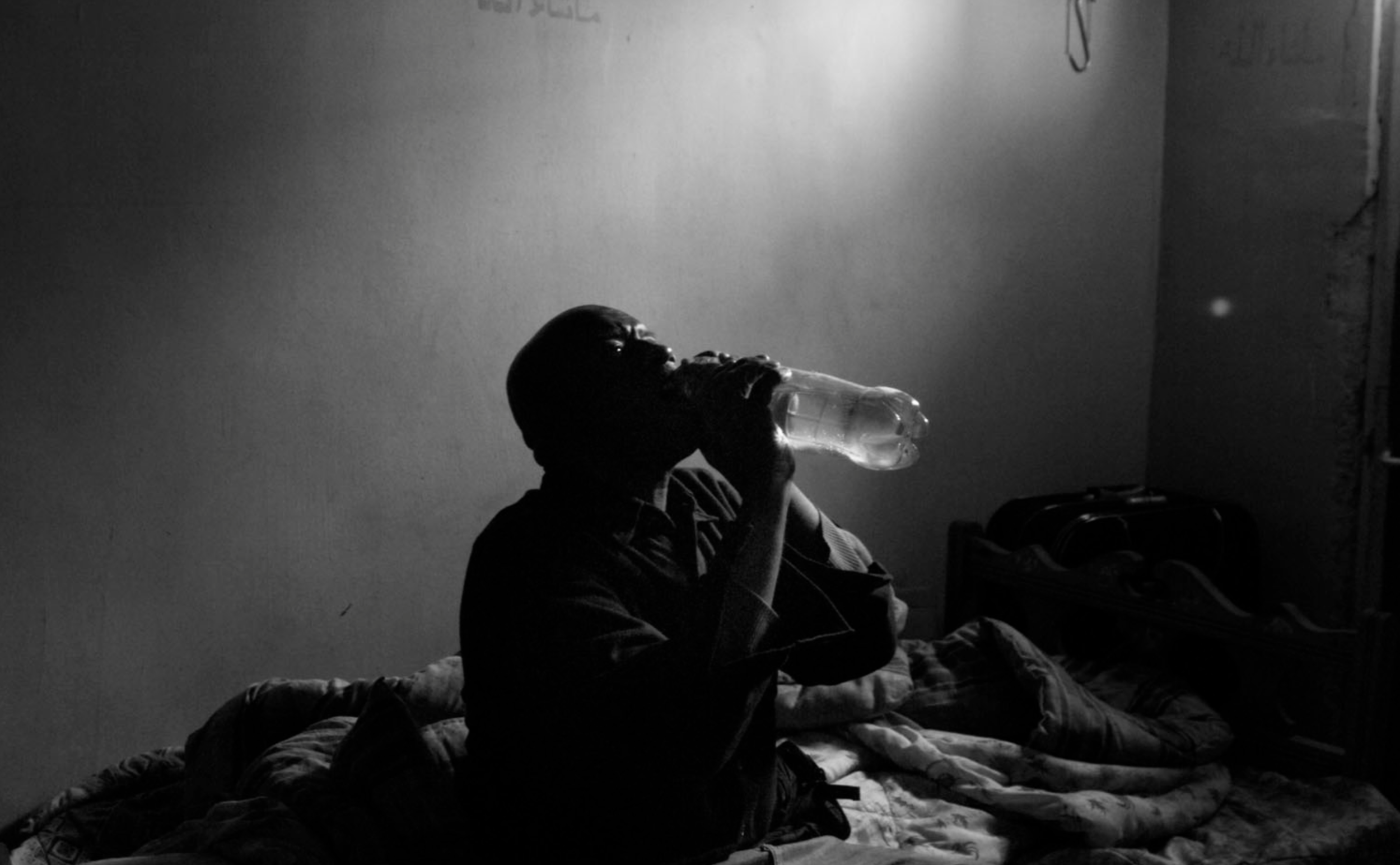
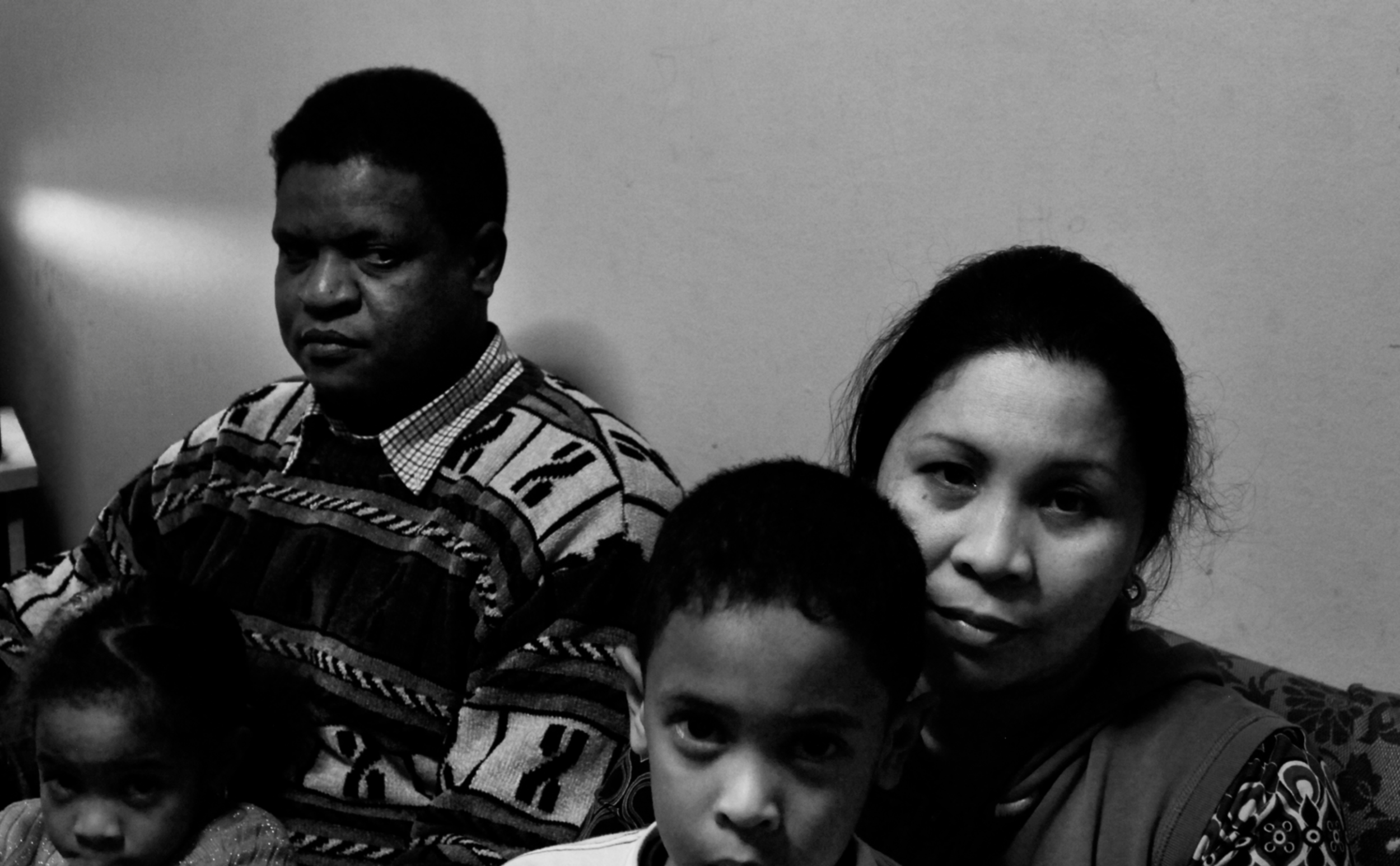
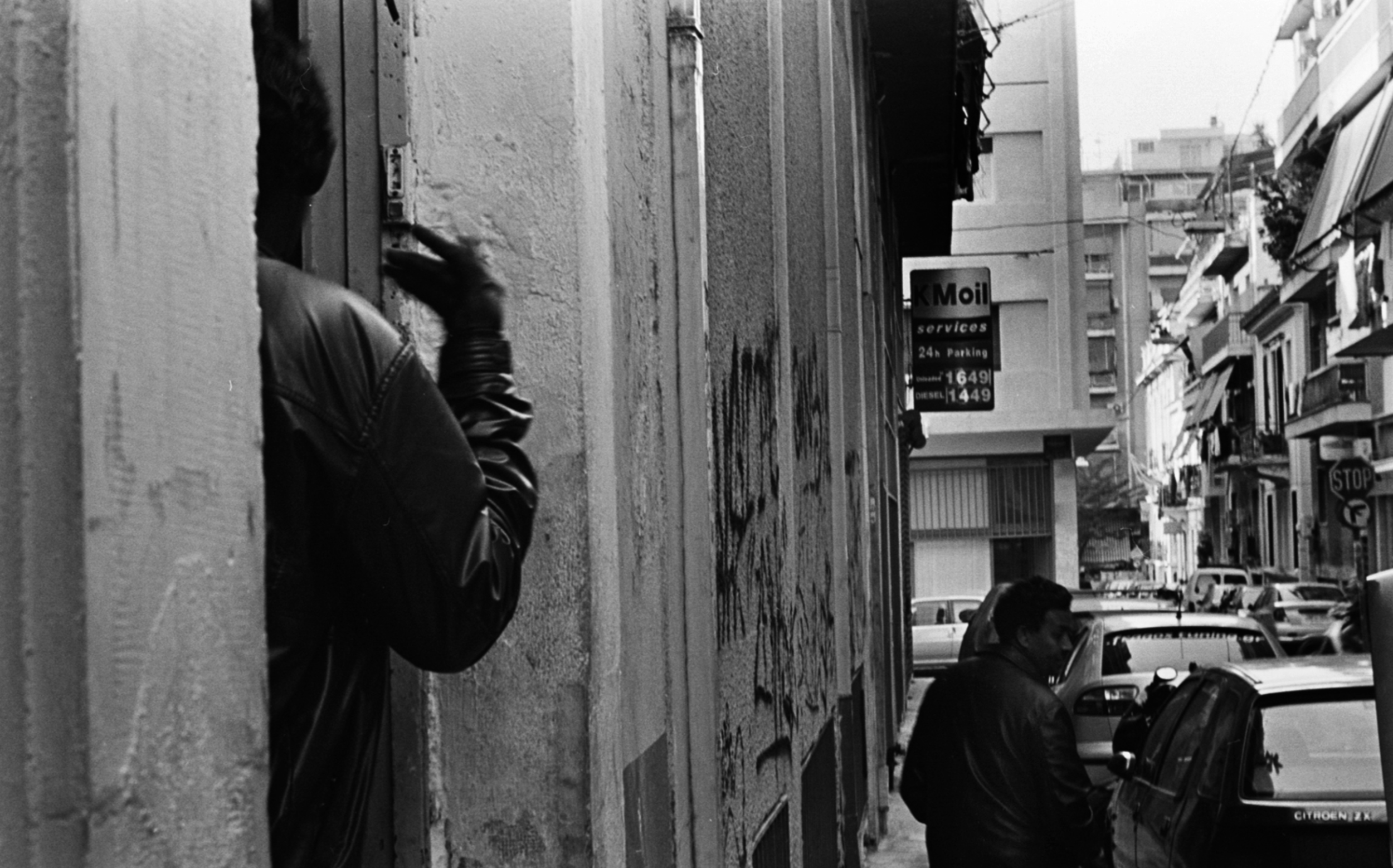
By Stephen Boyle
In Greece, mismanaged immigration policies, an incompetent, bureaucratic, and sluggish asylum system, an unprecedented and catastrophic economic crisis, and continuing or increasing instability in nearby Africa, Asia and elsewhere have resulted in high levels of undocumented immigration in recent years. Determining accurate numbers of the undocumented in Greece has proved to be almost impossible due to the complex and clandestine nature of the problem, and due to deep distrust of Greek authorities among migrants. (1) However, the numbers are almost certainly in the hundreds of thousands according to migration observation networks such as the Migration Policy Institute. (2) In Athens alone, entire inner-city neighbourhoods have been transformed into so called “migrant ghettoes”. In these parts of the city- which Athens locals and police have designated as no-go areas after dark- many thousands of migrants live in squalid conditions in cramped apartments, derelict buildings, public parks, and city woodlands. Many live openly on the streets with their meagre possessions in doorways and in pretty much any suitable sleeping space that can be found. Such is the scope of the problem that the United Nations Commissioner for Refugees (UNHCR) described the situation as a “humanitarian crisis” in 2010. (3)
Fleeing famine, war, social disorder, poverty, persecution, and political oppression, these migrants have come from Africa, the Middle East, South Asia, and the Balkans. But stranded in Athens, they find that life is not so different from- if not actually worse than- the one they left behind. There has been a shift in the attitude of Greeks towards foreigners in recent years as the increase in immigration has occurred at a time when Greece can least afford to be hospitable. Indeed, Human Rights Watch, in a report conducted during the same period and in the same regions (though independently) where the photographs below were taken, stated that, “Greece is a country that prides itself on its hospitality. But over the past decade it has become decidedly inhospitable for some foreigners. While tourists are generally welcome, migrants and asylum seekers face an increasingly hostile environment in which they risk detention in inhuman and degrading conditions, destitution, and xenophobic violence.” (4) All the migrants I spoke to and photographed, without exception, would agree with this statement unequivocally.
Consequently, far right politics has begun to attract increased support, something that has unnerved the Greek Government. In an effort to steer support away from extremist groups, the authorities have been conducting mass arrests of undocumented migrants in Greece since March 2012. These operations can be brutal, especially when conducted at night. Migrants occupying derelict buildings have suffered violent raids in which property and infrastructure were smashed and people were beaten without regard to whether they were eligible for arrest or not.
When I first learned from the Athens media that these raids were about to begin, I spoke to some Somali migrants about the news. They appeared relieved that at last certainty might enter their lives. The pitiless manner in which the Athens police began conducting the arrests has not bolstered hope that this certainty will come to pass.
Despite the general growth of xenophobia in Greece, there are certain elements of society taking a stand against it. In March 2012, an anti racist demonstration was held in Athens organised by Greek youth and student groups and immigrant organisations. The event called for an end to xenophobia and racism in Greek society, to legalise all undocumented migrants, and to call on Greeks to prevent the growth of far right extremism. About 400 people marched, including immigrants as well as an equal number of Greeks of all ages.
Muhamud has been awaiting the outcome of an asylum application for eight years. A plumber by trade, he fought with the Sudanese army before he fled Sudan. He is hampered by a leg injury, and he cannot find work, which he claims is due to the severe recession in the country. He claims he receives no support from the Greek state as an asylum applicant.
Like most families in their situation, life is growing increasingly tough. Only Lisel, a Philippine national, worked at cleaning apartments three days a week. When we met, she was unsure if she would be able to find work beyond the next three months. She told me she fully expects to be eating from the garbage by June 2012.
About the Author
Stephen Boyle is a documentary photographer based in Dublin, Ireland. His photography focuses on population and migration issues, and development of new communities within old ones. He holds a PhD in biology. In 2009 he completed a post doctoral fellowship in molecular biology/ecotoxicology at Carlow Institute of Technology, Ireland. He now pursues photography full time. He can be contacted at www.stephenboyle-photgraphy.com.
Endnotes
UNHCR 2011. “The situation of refugees in Greece. UNHCR observations and proposals”. http://www.unhcr.gr/genikes-plirofories/ellada.html
A report by the Migration Policy Institute, published March 2012. http://www.migrationinformation.org/Profiles/display.cfm?ID=884
“UNHCR Says Asylum Situation in Greece ‘A Humanitarian Crisis,” UNHCR Briefing Notes, September 21, 2010, http://www.unhcr.org/4c98a0ac9.html (accessed March 22, 2010)
From “Hate on the Streets: Xenophobic Violence in Greece”, Human Rights Watch report, published 10th July 2012.